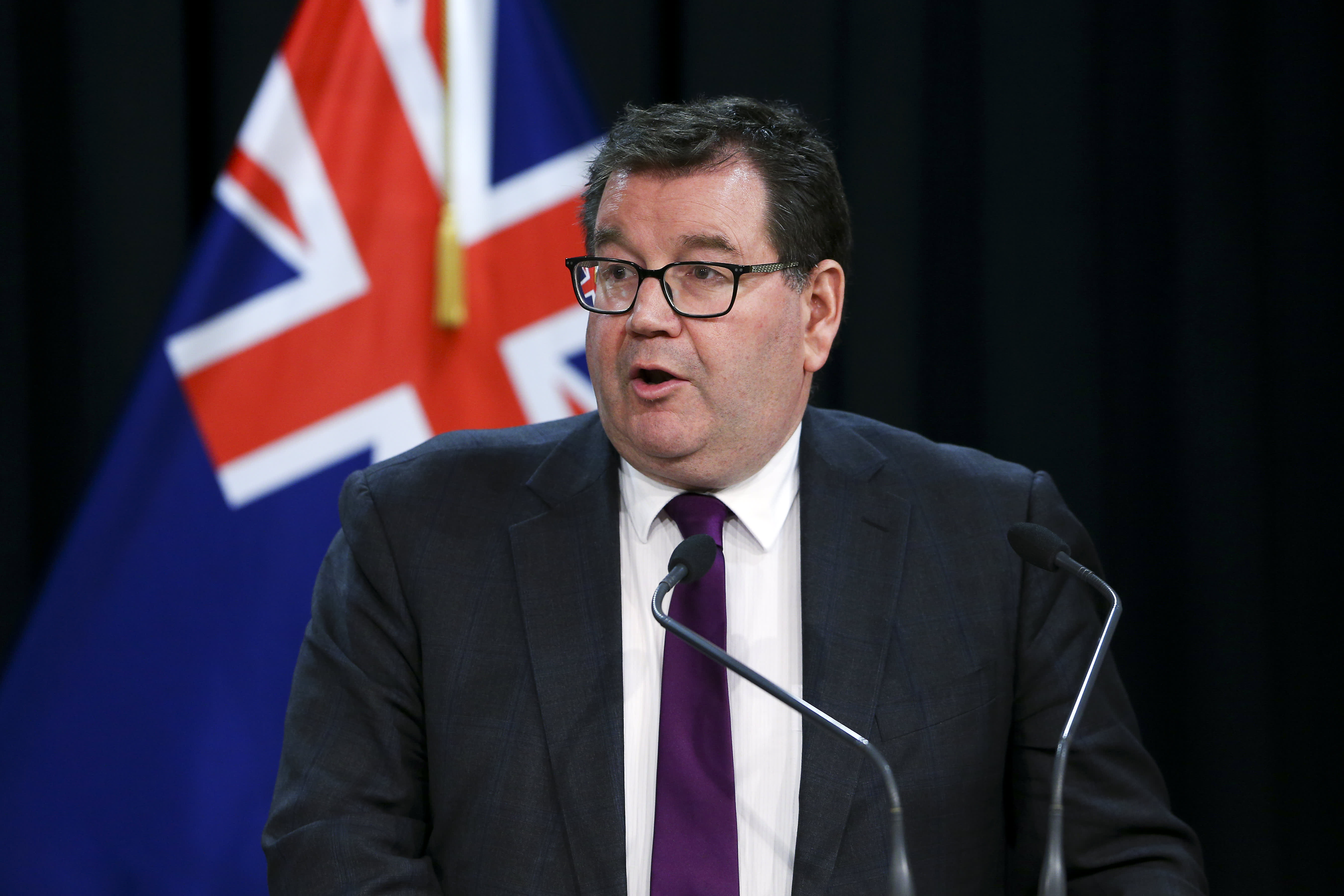New Zealand's economic recovery from Covid is 'a lot better than expected,' says deputy prime minister

New Zealand's economic recovery from the Covid-19 pandemic has been "a lot better than expected," its Deputy Prime Minister Grant Robertson told CNBC Thursday.
That has allowed New Zealand to spend "large sums of money" on helping its low-income population while still keeping net debt in check, Robertson told CNBC's Will Koulouris.
"We're in an incredibly fortunate position," said the minister.
Robertson, who is also finance minister, delivered New Zealand's latest government budget earlier on Thursday.
One of the budget highlights was boosting weekly welfare payments by up to 55 New Zealand dollars (around $39.50) per adult to tackle inequality and child poverty. Robertson said in his budget speech that the planned increase will be the largest in "more than a generation."
Trade priorities
On the trade front, Robertson said the government is negotiating for bilateral deals with the European Union and the U.K.
New Zealand is also part of the Comprehensive and Progressive Agreement for Trans-Pacific Partnership (CPTPP), a mega trade deal consisting of 11 countries including Canada, Australia and Singapore — but not the U.S. and China.
The CPTPP, in its original form called the Trans-Pacific Partnership, was led by the U.S. under former President Barack Obama and seen as a strategy to counter China's growing influence. But Obama's successor, Donald Trump, unilaterally pulled the U.S. out of the deal.
Deputy Prime Minister Grant Robertson speaks to media during a post cabinet press conference at Parliament on Nov. 09, 2020 in Wellington, New Zealand.
Hagen Hopkins | Getty Images News | Getty Images
China has in recent months indicated its interest in joining the CPTPP.
When asked if New Zealand would be open to China joining the trade pact, Robertson said: "We welcome all interests." He added that China isn't the only interested party, noting that the U.K. also said it would join.
"But obviously it's an agreement we've signed, and so therefore we're looking at those countries to look at where the agreement is today and whether or not they can get alongside it," said Robertson.
Covid success
Compared to many countries, New Zealand has been relatively successful in containing the spread of the coronavirus locally. That's allowed the economy to bounce back.
New Zealand's Treasury has forecast a strong economic rebound in the years ahead.
The economy is expected to grow 2.9% in the fiscal year ending June 2021, before reaching 3.2% and 4.4% in the following two years, according to the Treasury.
"It's been a hugely challenging year in New Zealand and around the world but we can certainly see some light here," Robertson said.
Health ministry data showed that as of Thursday morning, the country's cumulative confirmed and probable Covid infections stood at 2,659, with 26 deaths.
Thursday's budget allocated spending for Covid-19 vaccines, infrastructure, education and welfare of the indigenous Maori.
The planned spending is estimated to raise the budget deficit to 18.4 billion New Zealand dollars ($13.2 billion) in the fiscal year ending June 2022 before declining in subsequent years, according to New Zealand's Treasury.
Deficit for the current fiscal year ending June 2021 is expected to be 15.1 billion New Zealand dollars. Net debt is also estimated to grow from 34% in the current fiscal year ending June 2021 to 43.8% in the following fiscal year.
Source
Check Our More
No comments